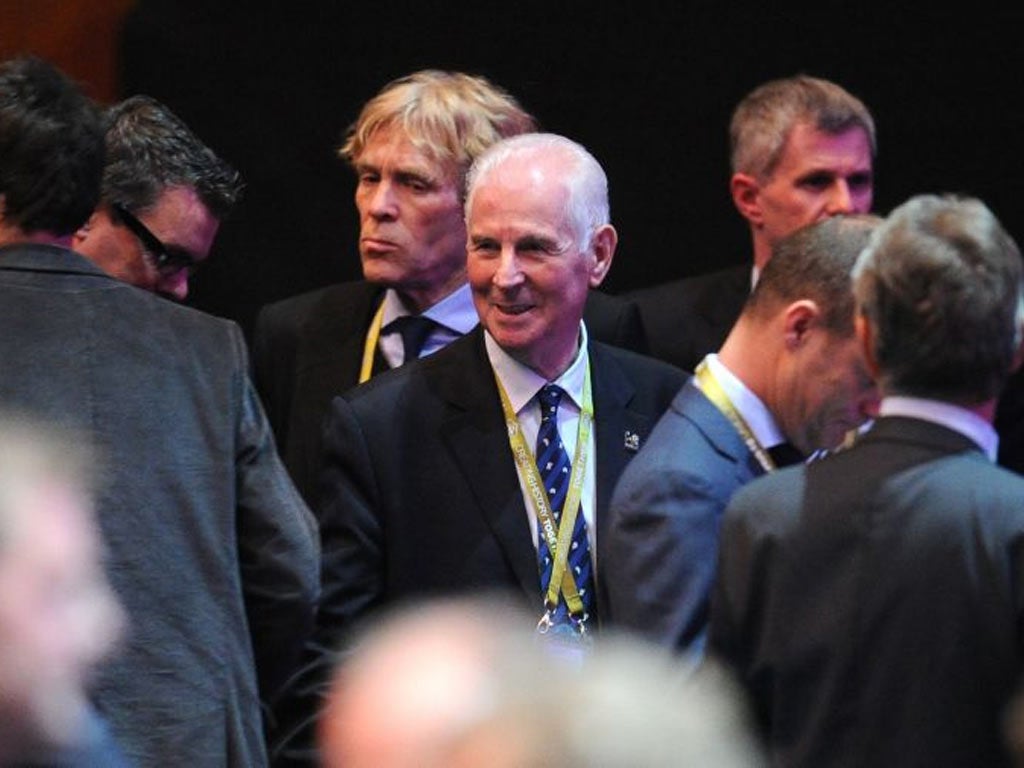Spain, Italy...the luck of the draw deserts Ireland
Trapattoni's team face an uphill struggle in a group of two world champions

The last time the Republic of Ireland were in a major tournament, their best result was a penalty shoot-out victory over Spain in Suwon, South Korea.
Since then Spain have won a World Cup (in 2010), as have Italy (2006), and Giovanni Trapattoni's team must face both heavyweights, and Croatia, in Group C.
When Ireland line up against Spain at the PGE Arena in Gdansk on 14 June, they will likely face only two veterans from their 2002 upset win: Carles Puyol and Iker Casillas, then aged 24 and 21 respectively and embarking on stellar careers with club and country.
Puyol is now one of the most decorated defenders of his era, with five Spanish titles and three Champions Leagues. Casillas has won another three Spanish titles, while the two of course combined for the small matter of a European Championship and a World Cup.
The man responsible for many of those trophies, Xavi, for Barcelona and Spain, was on the bench in Suwon. But while Casillas, Puyol and Xavi remain, the supporting cast has almost entirely changed: Fernando Hierro, Raul, Fernando Morientes and Luis Enrique have all moved on. More relevantly for Ireland, though, Spain are no longer European football's brittle underachievers but rather the most fluid and eloquent international side of their generation.
Their triumph at Euro 2008 was brilliant, the 2010 World Cup victory less so – and there is now an accepted method for playing Spain: defending deep and in numbers. The fact that England would do so in a home friendly shows how commonplace it now is. The fact that they won 1-0, as they did last month, shows why teams do it.
Trapattoni's Ireland need no invitation to play percentage football and will surely do that in Gdansk. Shay Given, Richard Dunne and the rest will have to play way above themselves to keep Spain out, but that is not impossible.
The Irish start with a rather easier game, Croatia in Poznan on 10 June. Croatia surprised many with their play-off defeat of Turkey, but their recent form has not been exceptional. Luka Modric is their outstanding player, but if Keith Andrews and Glenn Whelan can stifle him the Irish could well earn a point or three. They will need to, given the difficulty of their other games.
The final match, again in Poznan, is against Italy – coached by Trapattoni at the 2002 World Cup and Euro 2004. Ireland, of course, went to Italia '90, and were knocked out by the hosts in the quarter-final in Rome, but revenge came when Ray Houghton's goal famously beat Italy in USA '94.
Ireland will presumably need a result for any chance of progress here, which will again require a heroic midfield and defensive performance. Not easy: many of the 2006 world champions are still playing, including the masterly Andrea Pirlo, with the addition of new attacking talents in Giuseppe Rossi and Mario Balotelli. To say nothing of scoring past a defence that conceded just twice in 10 qualifying games.
Join our commenting forum
Join thought-provoking conversations, follow other Independent readers and see their replies
Comments
Bookmark popover
Removed from bookmarks